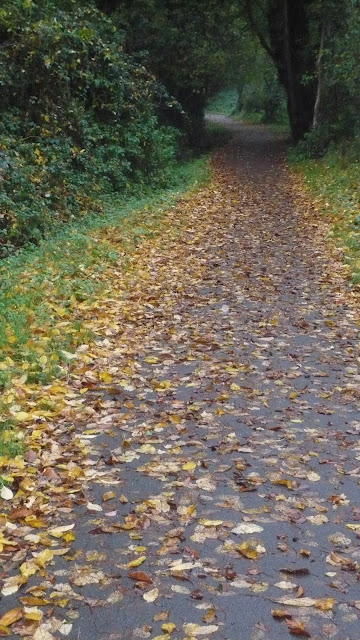
One club we all enthusiastically joined whether we like it or not was the 'Happy Smile Club.' The entire primary school accepted membership to encourage us to clean our teeth morning or night. The success of this club is shown in the many fillings I have since obtained, although seven of these arrived by my insistence on eating cheap chewing gum! While in London cheerful Australian dentists working their way across Europe helpfully removed more, and took some of the nerves with them, and asked me to answer questions while my mouth was frozen solid. These memories ran through my addled brain this morning while I mused upon the trip across the road to Dr Sanei. A lovely man he may be but he is a dentist! As such he is armed with a lovely smile, a blonde (I note they are always blonde) dental nurse and a dirty big drill. He smiled, the nurse smiled, the receptionist smiled, and the drill stared..... However he did nothing but 'give them a clean' with what appeared to be a 'Back and Decker' power drill. Then threw me out onto the street unwanted for another year. The daylight looked a lot brighter when I emerged I can tell you.
As I sauntered through the market I cogitated on why dentists are usually depressed, well they are always looking down in the mouth aren't they? Anyway then it was back home to paint once again. Half the room done in an afternoon and stopped only because of failing light. It was impossible to differentiate what I had done from what had gone before, so I gave up.
It is a strange sight when clearing things away to note paint on the shirt, the carpet, the door and ask yourself "Why is there Magnolia footprints walking down the stairs.....?" I am reminded of the sight of bright emerald green ladies barefoot prints making their way into the Royal Free Hospital in the early eighties. Who had been on the end of them and how they got their I never discovered. Possibly this was one of the medical student pranks that occasionally happened there. One year one or two thought it a laugh to race through the main entrance in a Mini Car and spin round and drive out again. Medical students have always been in my mind the daftest of all students. Possibly because once a doctor that straight laced bedside manner has to constantly be on call.
All this effort is killing me, I have been a scrounger (@ 'Daily Mail reader) for so long that working half a day, shifting this, lifting that, going out for this and that, tote that barge, lift that bale, and then painting and putting it all back again is wearing me out. To think I once worked hard lifting and carrying, sometimes things and at other times people, and now the slightest effort makes me long for my bed, an object which lies somewhere under that junk piled upon it when painting.
It's a good job I am not one to complain, that's all I can say....
.





























